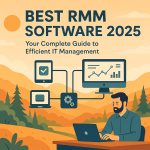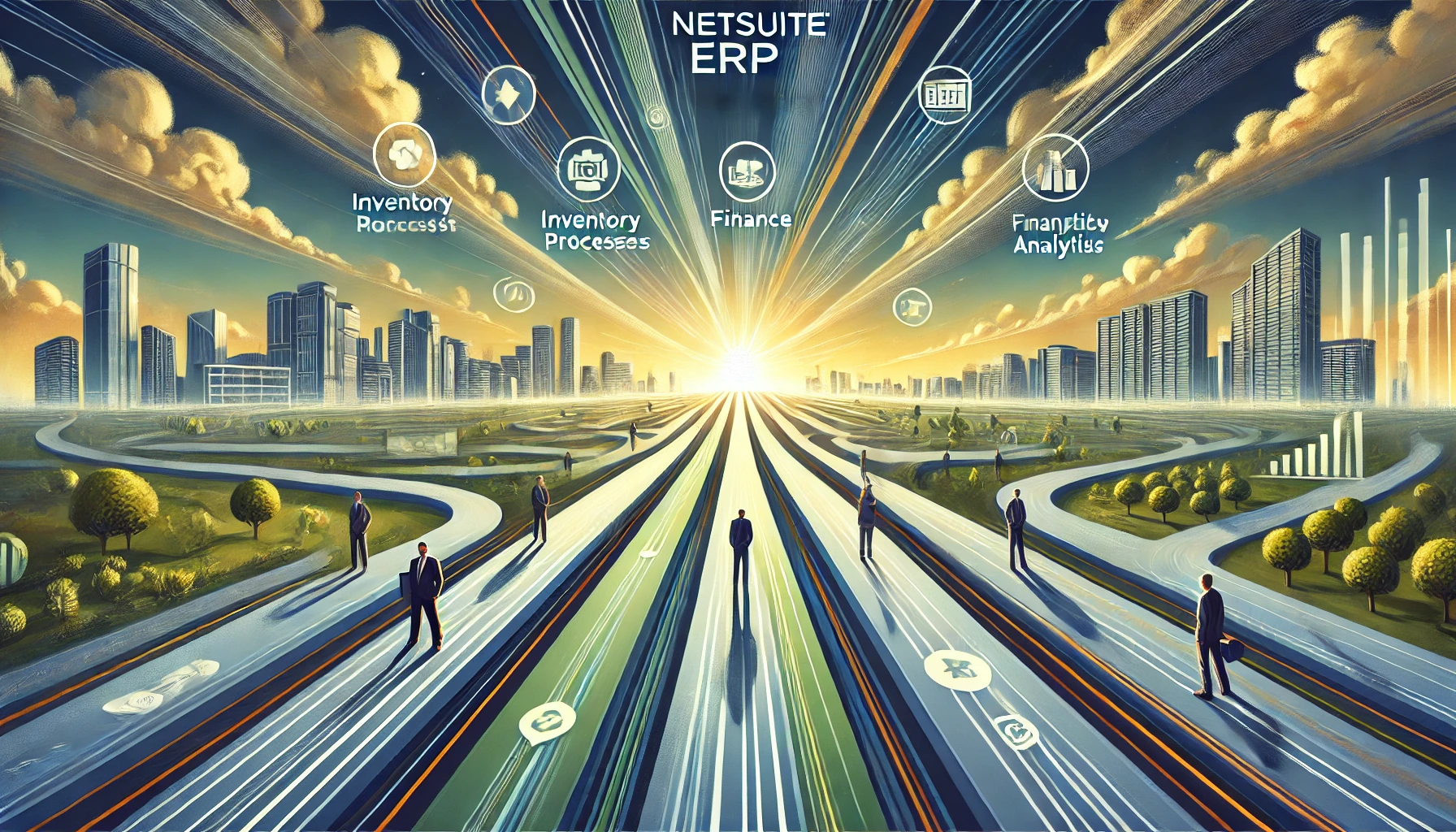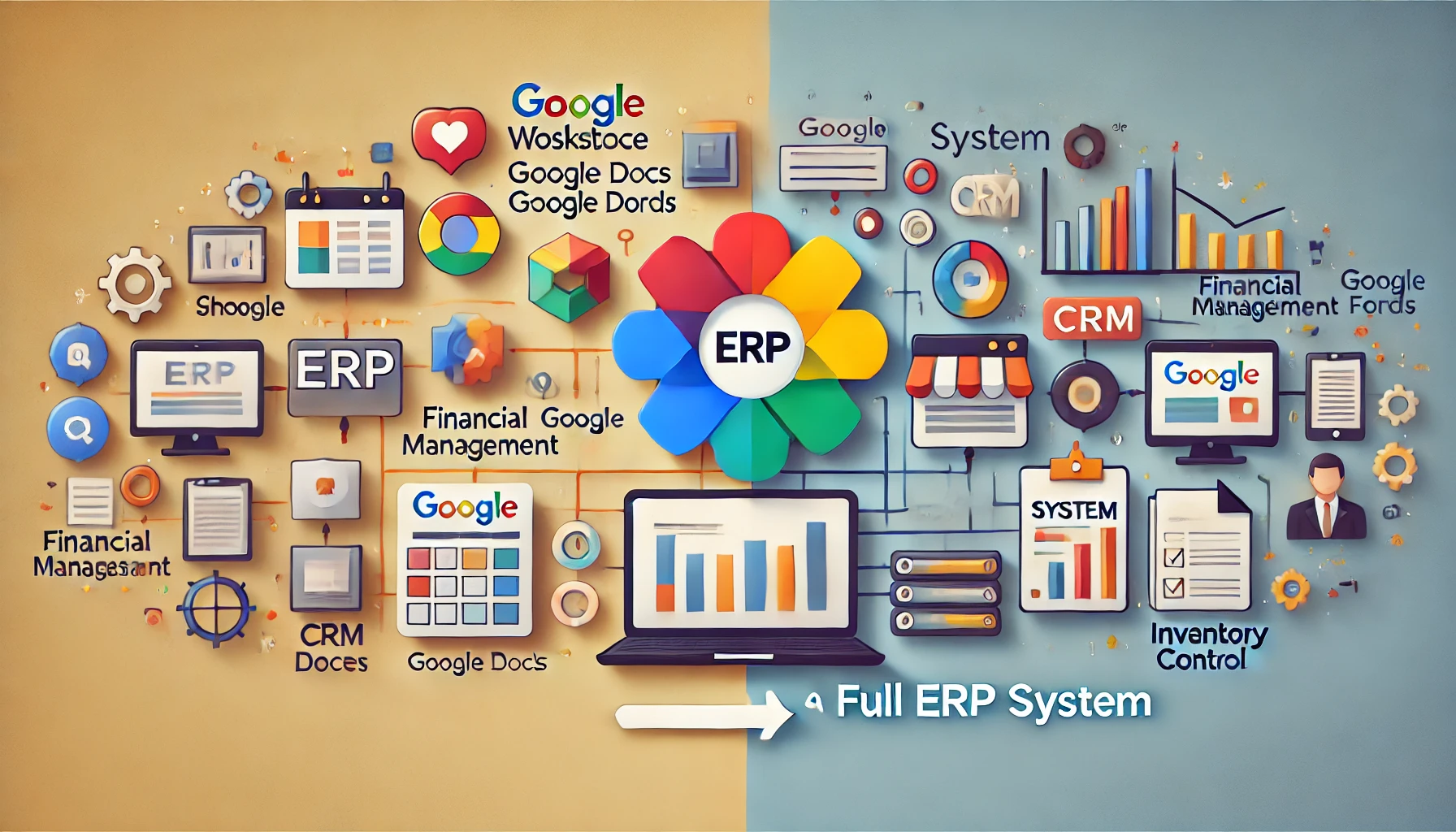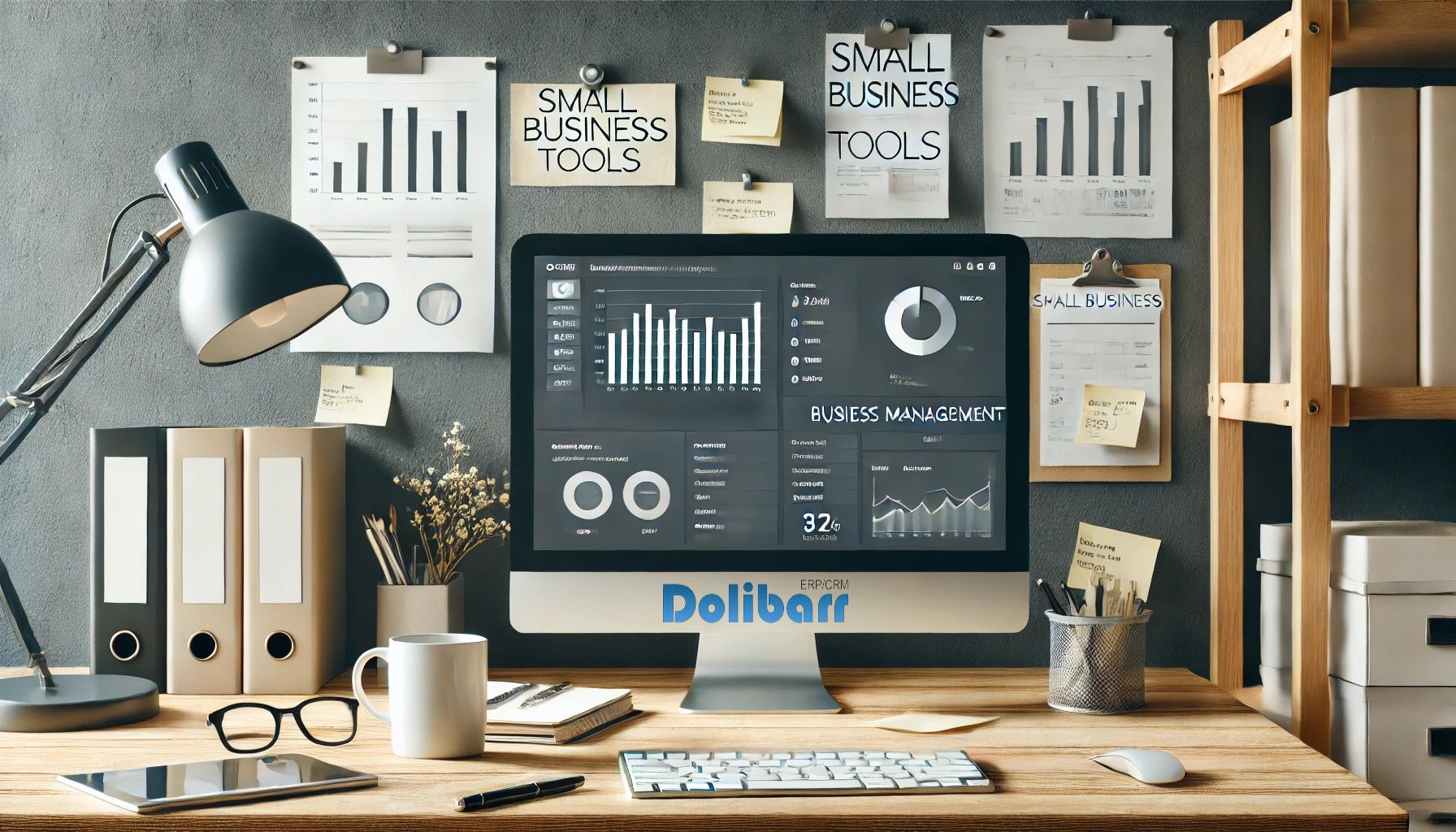Top ERP Systems for Manufacturing: Find Your Best Fit
For manufacturing companies looking to improve their manufacturing operations and grow, finding the right best ERP software for manufacturing is tough. Today, ERP systems for manufacturing help businesses manage their complex tasks better. This guide highlights the top ERP systems for manufacturers, chosen to boost productivity and grow with your business.
Top names like NetSuite, Acumatica Cloud ERP, Epicor Kinetic, IFS Cloud, and Infor CloudSuite Industrial are in the spotlight. Microsoft Dynamics 365 Business Central, SAP S/4HANA, SYSPRO, Global Shop Solutions, and Plex Manufacturing Cloud are also featured. These systems are evaluated for their deployment options, costs, user experience, and how well they keep customers. They cater to various business sizes and needs, helping you find the perfect fit for your tech journey. Whether you’re exploring cloud ERP or a traditional approach, this guide will help you navigate the complex world of enterprise resource planning systems for manufacturers.
Key Takeaways
- Select an ERP system that evolves with your manufacturing needs and business growth.
- Consider customer retention rates as an indicator of software success and user satisfaction.
- Prepare for varied cost structures – each ERP provider offers distinct pricing and value.
- Review scalability and integration capabilities to ensure seamless operation enhancements.
- Recognize the importance of inventory management and supply chain transparency as part of your ERP goals.
- Utilize ERP systems to create exceptional customer experiences and boost sales efficiency.
Unveiling the Power of ERP in Modern Manufacturing
The world of industry has changed a lot. Innovative growth with ERP is key for success in the manufacturing industry. Using an ERP system brings many manufacturing ERP benefits. These benefits go beyond just changing how things work to really improving how a company runs.
One big plus is making production lines run better. ERP software cuts down on mistakes, speeds up production, and uses resources better. This helps make manufacturing top-notch. It also gives companies a clear view of how things are going, from production to money matters.
This clear view helps companies make smart choices. It helps them stay ahead and quickly adapt to changes in the market.
Also, modern ERPs work well with other systems. This is key for keeping business running smoothly. These systems grow with your business, ready for new needs and tech.
Microsoft Dynamics 365 Business Central is a top choice in the ERP in manufacturing industry. It handles many tasks, from money management to business insights. It makes sure everything works together for better efficiency and productivity.
- Reduction in operational costs through streamlined processes
- Enhanced supply chain management due to improved inventory and supplier data accuracy
- Better compliance and quality management
ERP systems also offer long-term benefits. They grow and change with your business. This is important for companies that want to keep growing. Systems like Microsoft Dynamics help manufacturing processes grow without losing efficiency or getting too expensive.
In short, combining AMT with strong ERP systems, like those from Microsoft, helps businesses do well in the tough manufacturing world. This investment in technology and improving processes opens the door to innovative growth with ERP. It marks a new time of efficiency and smart decision-making in manufacturing.
Understanding ERP Capabilities for Optimized Operations
ERP for inventory management has changed how companies manage their warehouses and supply chains. These systems give a complete view, which is key for better operations and more productivity. Let’s explore how these features change the manufacturing world.
ERP for Inventory Management: Today’s ERP systems have special modules for managing inventory. They track stock in real-time and automate orders to keep inventory just right. This cuts down on costs from too much stock and prevents running out of stock, keeping production going smoothly.
Enhancing Supply Chain Visibility: ERPs offer clear views of the whole supply chain. Manufacturers can see everything from raw materials to shipped products in real time. This is vital for spotting problems early and making smart decisions based on demand.
Boosting Warehouse Efficiency: ERP systems help organize warehouse work better. They suggest the best places to store items based on size, weight, and how often they’re used. This makes getting items faster and saves on labor costs.
- Real-time data access: Having up-to-date info on inventory and supply chain lets businesses quickly tackle any issues.
- Market trend analysis: ERPs use past data to predict future demand, helping match production with market needs.
- Cost reduction: By being more accurate with inventory and reducing waste, ERPs lower costs from too much stock and last-minute buys.
In the fast-changing world of manufacturing, using ERP systems like SAP, Oracle’s ERP, and Microsoft Dynamics 365 is crucial. These systems help businesses stay at top performance by linking inventory management with precise production and supply chain operations.
Companies with strong ERP systems can better handle market changes and customer needs. So, ERP for inventory management, better supply chain visibility, and more efficient warehouses are not just digital updates. They are key tools for manufacturing to stay strong and grow in 2024 and beyond.
The Evolution of Manufacturing ERPs: From Legacy to Cloud-Based Solutions
As industries grow, so do their tech needs. Manufacturing, needing efficiency and precision, has moved from old ERP systems to new cloud-based ones. Old systems, once key, now struggle with new tech, cost, and growth. But, SAP HANA, Oracle ERP, and Microsoft Dynamics 365 offer agility and fast data processing.
Cloud-based ERPs fill these gaps and change the game with savings and security. Hybrid models and all-in-one systems like Microsoft Dynamics 365 Business Central show this shift. They offer easy integration, real-time views, and flexibility for a changing manufacturing world.
SAP S/4HANA: The Next-Gen ERP Platform
SAP HANA’s advancement is notable. SAP S/4HANA is a strong suite for manufacturing, with advanced analytics, machine learning, and real-time insights. It helps make smarter decisions and boosts efficiency.
Oracle’s Adaptive Intelligence in Manufacturing
Oracle ERP shines with adaptive intelligence, improving product life cycles and supply chain management. It focuses on adaptability, letting manufacturers use real-time data for quick adjustments.
Dynamics 365: A Seamless Integration With Microsoft Tools
Microsoft Dynamics 365 offers a unique integration with Microsoft tools, making it scalable and easy to manage. This integration makes it easier to use, learn, and move from old systems.
| ERP System | Core Strength | Primary Benefit |
|---|---|---|
| SAP S/4HANA | Advanced analytics on SAP HANA platform | Enhanced decision-making |
| Oracle ERP | Adaptive intelligence | Optimized product and supply chain management |
| Microsoft Dynamics 365 | Seamless integration with Microsoft tools | Streamlined management and scalability |
Each modern ERP solution offers unique benefits for today’s manufacturing needs. They show a big move from old ERP systems to cloud-based ones. These new systems promise to keep up with changes and drive innovation and efficiency.
Features That Set Industry Standards in ERPs
Today’s top ERP systems for manufacturing do more than just make things easier. They bring new features that raise the bar for how well things work. Let’s look at some key elements that make these systems stand out.
Real-Time Analytics and Business Intelligence
Modern ERP systems offer real-time monitoring ERP features. They give leaders quick access to data on production, finances, and supply chains. This helps them make fast decisions and stay ahead in a fast-changing market.
Automation and AI: Revolutionizing Production
The use of automation in production has changed the game for manufacturers. Today’s ERPs use AI in manufacturing to handle tasks like maintenance, resource planning, and quality checks. This leads to better efficiency and less downtime.
Customization and Scalability in ERP Systems
Scalable ERP software is key for companies looking to grow. These systems are made to fit current needs but also grow with the business. They can be customized to fit unique workflows, making them more useful and user-friendly.
These ERP tech advancements give companies a big advantage. They improve performance and encourage innovation in manufacturing. As the industry keeps changing, the importance of smart, adaptable ERP systems grows. They help ensure businesses can keep growing and succeeding.
Best ERP System for Manufacturing: Securing Your Success
Finding the best ERP solutions is key for manufacturing success. These systems help streamline operations and boost efficiency. They also support growth and meet industry standards.
Many ERP systems stand out in the manufacturing field. They offer strong performance and can grow with your business.
Best 5 ERP for manufacturing with examples
- NetSuite ERP: It’s a cloud-based solution for growing manufacturers. NetSuite offers integrated business functions and scalability. It’s great for managing inventory and finances, helping businesses grow and improve.
- Acumatica Cloud ERP: Known for its flexible models and wide range of manufacturing tools. It helps businesses adjust to demand changes and grow. This ensures ongoing success.
- Epicor Kinetic: Focuses on supply chain management. It’s perfect for manufacturers needing real-time monitoring tools. These tools help optimize production processes.
- IFS Cloud: Offers high adaptability for various manufacturing needs. It has advanced asset management tools. This helps businesses stay flexible in their operations.
- Infor CloudSuite Industrial: Optimized for smart manufacturing. It combines agility with deep industry insights. This helps manufacturers modernize and streamline their operations.
Using these ERP systems simplifies complex tasks. They prepare businesses for modern industry challenges. With the right research and implementation, these ERPs can support sustainable growth and productivity.
How to Choose the Right Manufacturing ERP for Your Business Size
Choosing the right ERP for your manufacturing business starts with understanding your needs. You want an ERP that fits your current operations and future goals. It should make your business more efficient and grow with you.
It’s also important to check if the ERP works well with your current systems. This helps avoid problems and makes the transition smoother.
Evaluating Current and Future Business Needs
Knowing what your business needs is key. If you’re growing or adding new products, you need an ERP that can handle it. Look for features like Advanced Planning & Scheduling and Product Lifecycle Management.
These tools help control production and improve quality. They also help save costs.
Compatibility With Existing Infrastructure
Your ERP should work well with what you already have. Look for systems with stable connectors and open architecture. This ensures easy data sharing with customers and suppliers.
Mobile app integration is also crucial. It lets you manage production anywhere, anytime.
Cost vs. Value: Budgeting for the Long-Term
Don’t just look at the upfront cost of an ERP. Think about the long-term benefits. A good ERP can make your operations more efficient, accurate, and profitable.
Choose an ERP that fits your budget but doesn’t skimp on important features. Vendor expertise is also important. Companies like Godlan have years of experience and can help you get the most from your ERP.
Best Practices in Implementing ERP Systems in Manufacturing
Getting an ERP system in manufacturing needs a smart plan. This ensures it works well and is used right. Key steps include good planning, training users, and ongoing support.
Mapping Out Implementation Strategies
Good ERP plans start with knowing why you need it. It should match your company’s goals and how things work. Pick the right team and ERP that fits your budget and needs.
Choosing the right way to do it and who to lead the project is key. Working with an ERP expert can make things smoother and help avoid problems.
User Adoption and Training Techniques
Getting users to use the system needs special training. Hands-on practice helps them understand and like the system. It’s also important to make them feel welcome to learn and use it.
Showing how the ERP helps, like making things faster and clearer, makes a big difference. This helps everyone see the value and makes the change easier.
Post-Deployment Support and Evolution
After it’s up and running, support is crucial. It helps with any problems and keeps training going. Watching how the system does and listening to users helps make it better over time.
Keeping the system updated keeps it working well. It also makes sure it meets the changing needs of the industry.
| Implementation Phase | Key Focus | Details |
|---|---|---|
| Initial Planning | Business Justification | Outline business goals and expected ERP benefits |
| Process Identification | Core Processes | Focus on critical business functions for ERP integration |
| Team Selection | Project Team Composition | Assemble a diverse team with varying expertise |
| Execution | Methodology and Governance | Apply best practices in project management and control |
| Training | User Adoption | Engage users with practical, interactive training sessions |
| Post-Implementation | Ongoing Support | Maintain and evolve the ERP system based on user feedback and new business requirements |
Maximizing ROI With Comprehensive ERP Solutions
Getting a big manufacturing ERP ROI starts with knowing what ERP systems can do. Businesses looking to improve operations and efficiency need an ERP system. Here are some ways to make the most out of ERP investments and boost your company’s finances and productivity.
- Strategic User Training: With 93% of companies saying ERP projects work, it’s clear that getting users to use it is key. Good training helps everyone use the system well, making it more useful and efficient.
- Regular Performance Assessments: Keeping an ERP system up to date is crucial. Regular checks help find ways to make it better, keeping it efficient and delivering good ROI.
- Data-Driven Decision Making: ERPs with analytics and reports give insights into how the business runs. This helps make better decisions, leading to better manufacturing ERP ROI.
Getting the most out of ERP also means linking it well with other important systems and processes. This boosts overall business efficiency and teamwork. It’s important to manage these links and data well, with clear goals and ways to measure success.
| ROI Factor | Description | Impact Level |
|---|---|---|
| User Adoption and Training | Ensuring users are well-trained and can maximize the ERP system’s capabilities. | High |
| Analytics and Reporting | Utilizing ERP for insight-driven strategies and operational improvements. | High |
| System Integration | Seamless integration with other business modules and processes for enhanced operational flow. | Medium |
To really get the most from comprehensive ERP benefits, businesses need to keep checking and updating. By picking the right ERP modules, implementing them well, and keeping up with the company’s needs, you get more than just a return on investment. You get a way to keep growing and succeeding.
Conclusion
In today’s digital world, selecting ERP for manufacturers is crucial. It can greatly impact a company’s success. ERP systems are now essential for effective manufacturing management.
Many manufacturing companies have seen big improvements with ERP. Systems like Acumatica, NetSuite, and Microsoft Dynamics 365 offer a range of options. They meet different business sizes and needs.
Choosing the right ERP is key. It should meet current needs and help with business growth with ERP. For example, SAP Business One is great for small businesses, while NetSuite covers all aspects of manufacturing.
Systems like Infor SyteLine ERP and QuickBooks Desktop Accounting Software cater to various manufacturing styles. They ensure every business, big or small, finds the right ERP.
The ERP market focuses on scalability, integration, and user experience. Companies like QAD’s ERP have shown how it can boost productivity and cut costs. The path to better productivity and compliance starts with smart ERP choices and a focus on innovation.










